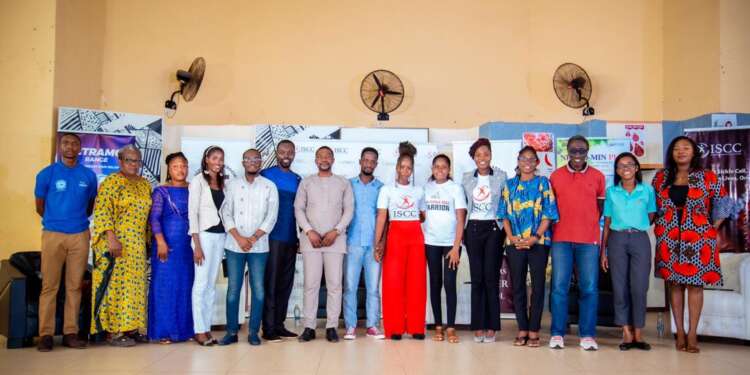In a collaborative effort to educate and empower students about sickle cell disease, the International Sickle Cell Centre (ISCC) under the direction of its CEO, Dr. Mary Ansong and the Old Achimotan Association (OAA) ’09 organized the Achimota School edition of the “Choices for the Future Initiative.”
The edutainment event aimed to raise awareness about the disease and promote a supportive environment for students living with sickle cell.
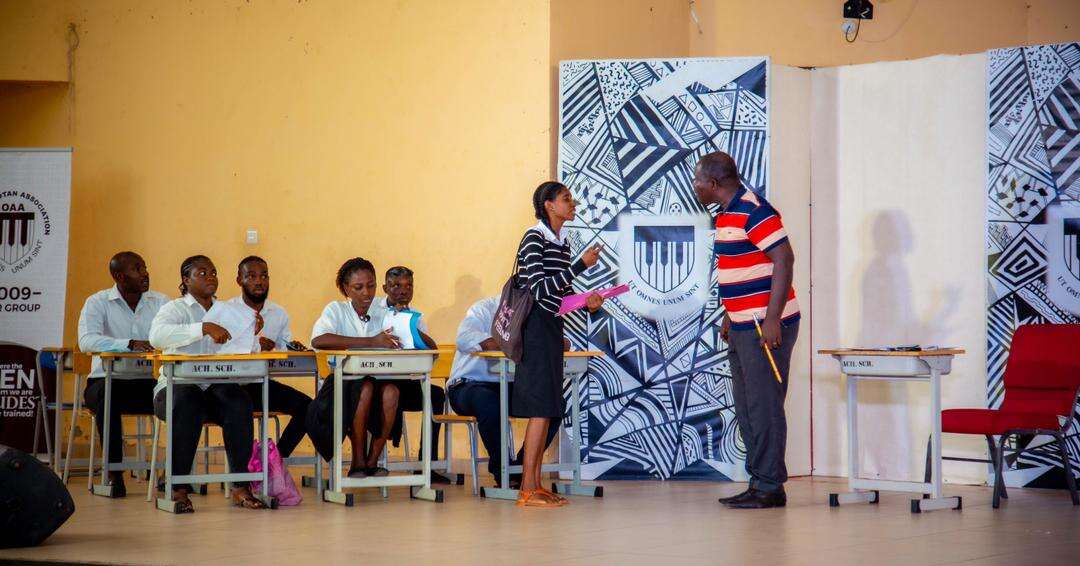
The event kicked off with a captivating opening drama presented by the Abibigromma Resident Theatre Company of the University of Ghana School of Performing Arts. The performance highlighted the importance of educating students about sickle cell disease, emphasizing the need for inclusive attitudes and discouraging discrimination among peers with the condition.
Following the drama, a panel discussion on “Thriving with Sickle Cell Disease” was held, featuring esteemed experts in the field. Dr. Ivy-Marie Aggrey, a Specialist Hematologist at the Ghana Institute of Clinical Genetics, enlightened students about the disease, its symptoms and management approach through the various stages of the disease.
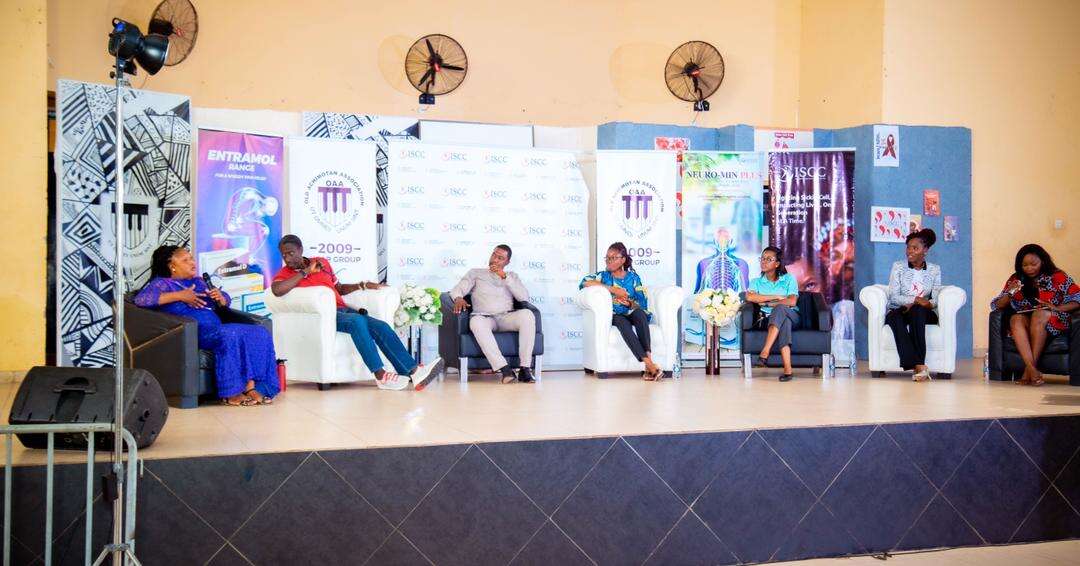
Legendary TV host, CEO of Sapphire Ghana Ltd and a sickle cell himself, Kwaku Sintim-Misa (KSM) shared his personal experience of discovering the disease during his childhood. KSM stressed the significance of early diagnosis and encouraged students with sickle cell disease to maintain hydration, engage in physical activity and be aware of their allergies to prevent complications.
“I can boldly say sickle cell disease is not a death sentence and you don’t have to be intimidated. Don’t hide but try to be active as possible as you can and always hydrate. You can make it pass 21 as I am 67 now and know people with same condition who are older than I am,” he added.
Dr. Janest Osae-Larbi, a Health Psychologist and Founding Director of Psychological Relief for Women also shed light on the psychosocial impact of sickle cell disease on students. She emphasized the importance of students disclosing their condition to trusted friends and authorities.
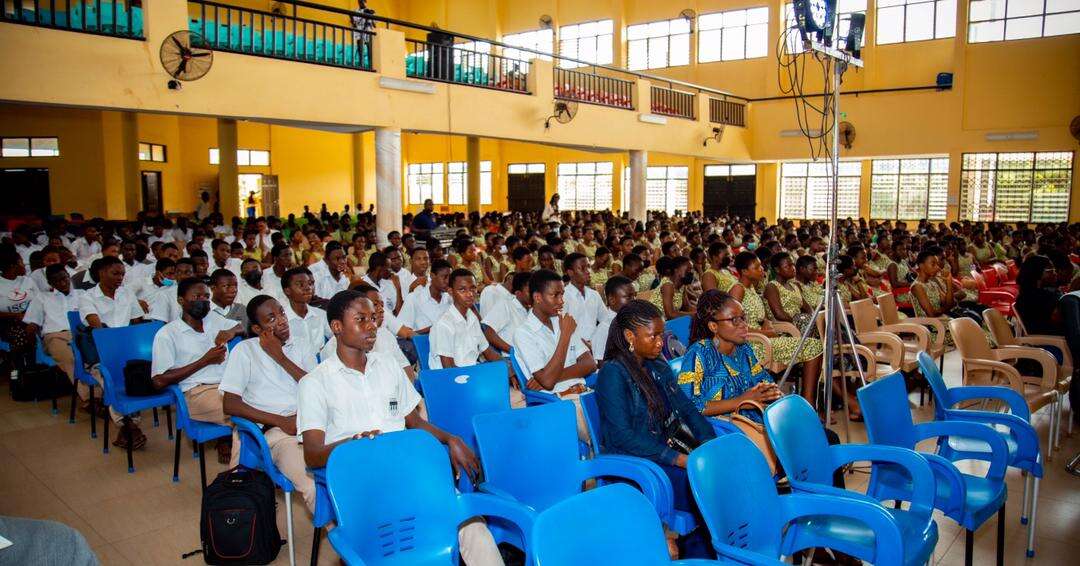
Peter Adjetey, the Student Health Coordinator at Achimota School, shared some challenges the school has faced in dealing with sickle cell disease. He reiterated the lack of understanding of the disease among parents.
“We realized that some parents didn’t have enough knowledge on the disease and couldn’t navigate the situation properly while the students didn’t also come with their medications. Hence the school started its own awareness and that was when parents were forthcoming, we tried to provide the basic supplementary kits at the sick bay.”
Victoria Halijah, a dedicated caregiver of four children with sickle cell disease shared her personal experiences and emphasized the heartbreaking complications that can occur during a crisis. Her story served as a powerful reminder of the importance of proper care and support for individuals living with the condition.
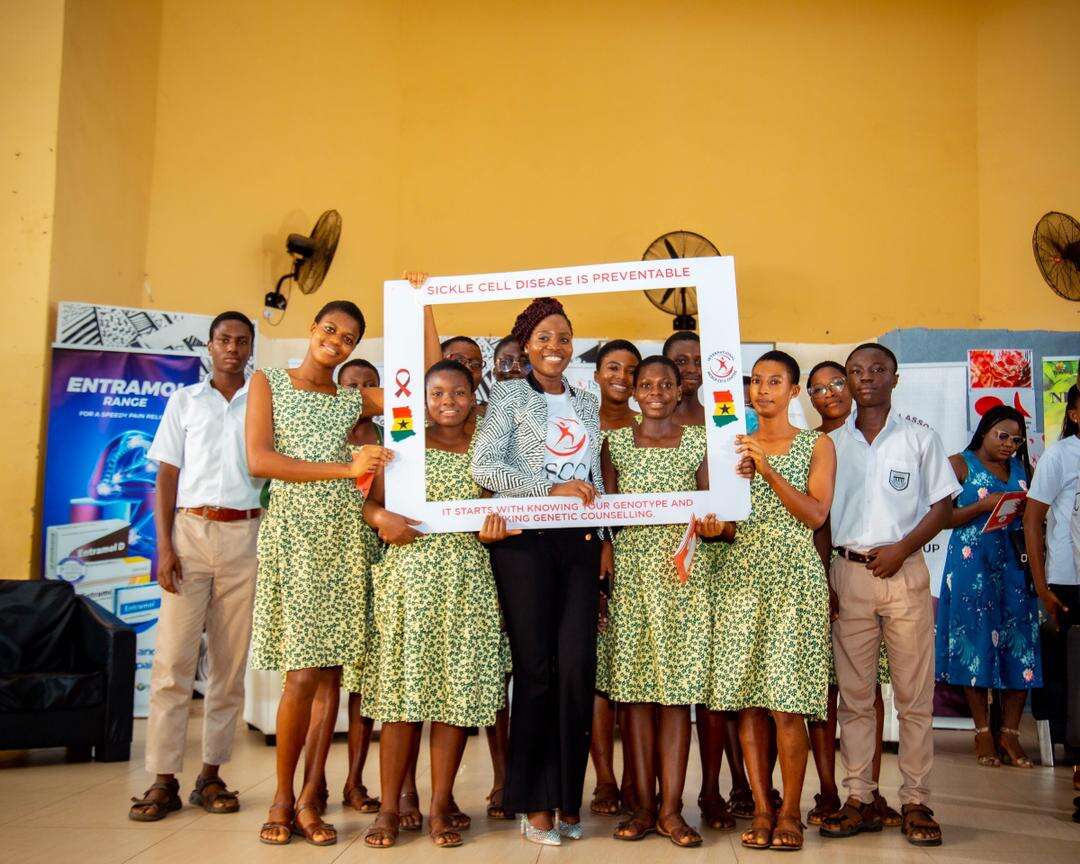
Founder of ISCC, Dr. Mary Ansong further shared her inspiration for putting together this initiative for students. She believes early knowledge and diagnosis are crucial to reducing the burden of sickle cell disease in Ghana.
“I found out my sickle cell genotype when I was in the university. I didn’t know much about it in SHS. In Ghana we have 18,000 people giving birth to children with sickle cell every year and so what happens when you’re pregnant and you never knew your genotype or that of your partner’s? This is why the burden of sickle cell keep increasing and that is why we thought it wise to come back to high schools like Achimota School together with the OOA to give back, educate and encourage them.”
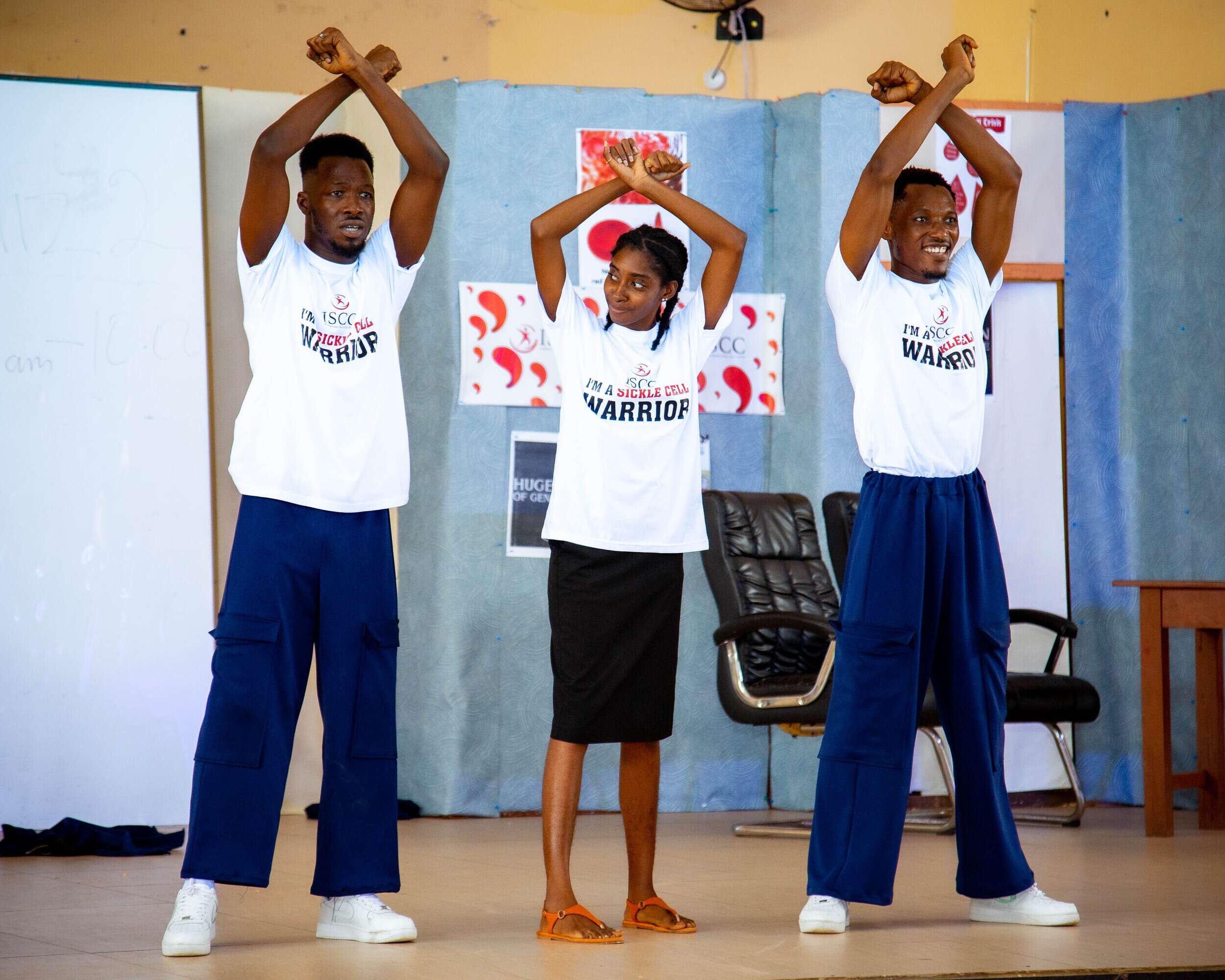
There were also captivating dance performances by Vivie’s Dance Factory and poetry by the Abibigromma Resident Theatre Company, engaging the audience and further reinforcing the messages conveyed during the panel discussion.
On his side, Godfred Sowah Khartey, President of OAA ’09 shared the essence of the event for the students. “We decided to use entertainment as a means of education because we believe the students can relate perfectly with the drama and dance performances. I believe so much in giving back to society as an OOA. So after Dr. Mary Ansong introduced the initiative, we didn’t think twice and now we’re here today. We wanted to make sure all the students and persons involved got the needed impact that this initiative sought to accomplish.”
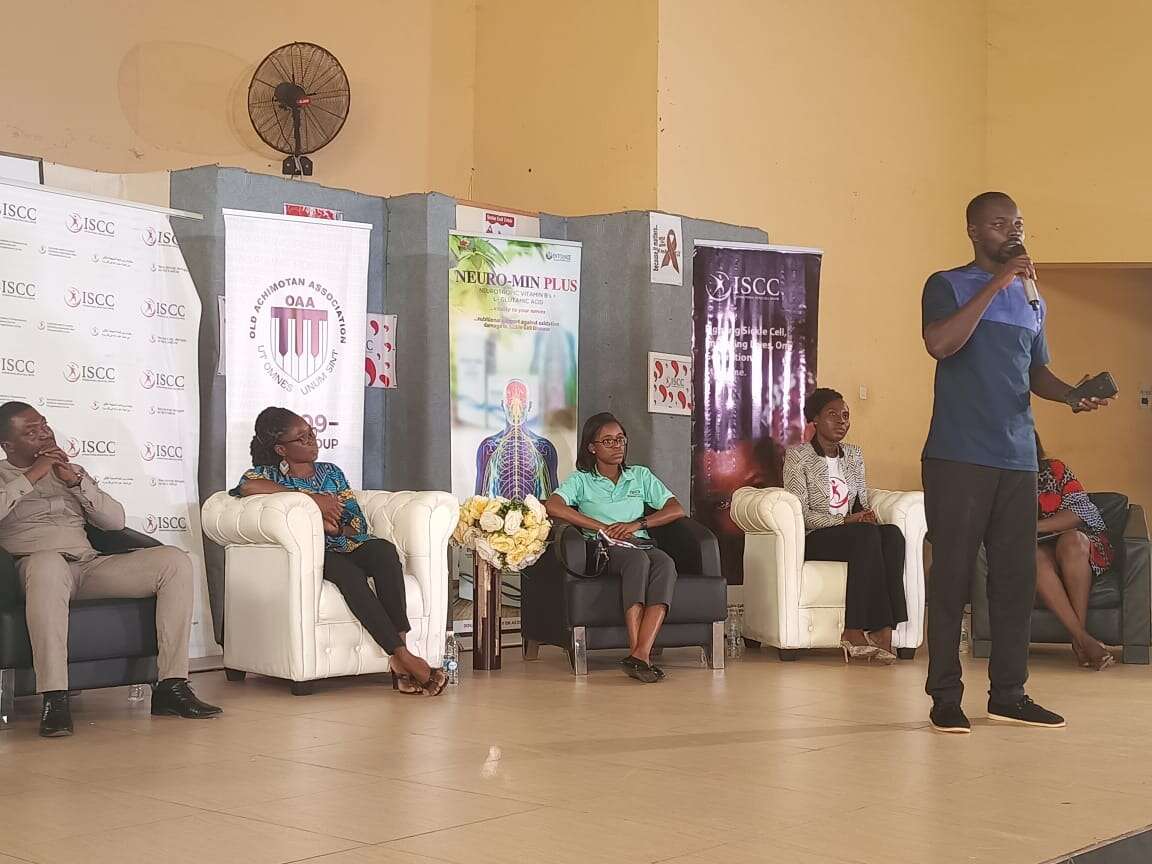
Benjamin Ababio, a registered dietician climaxed the event with valuable dietary advice to the students, emphasizing the role of proper nutrition in managing the disease effectively.
In a generous gesture of support, Tobinco Pharmaceuticals Limited, a partner of the initiative donated a significant quantity of its Neuro-min supplement products to Achimota School. The donation aims to provide additional nutritional support to students living with sickle cell disease.

